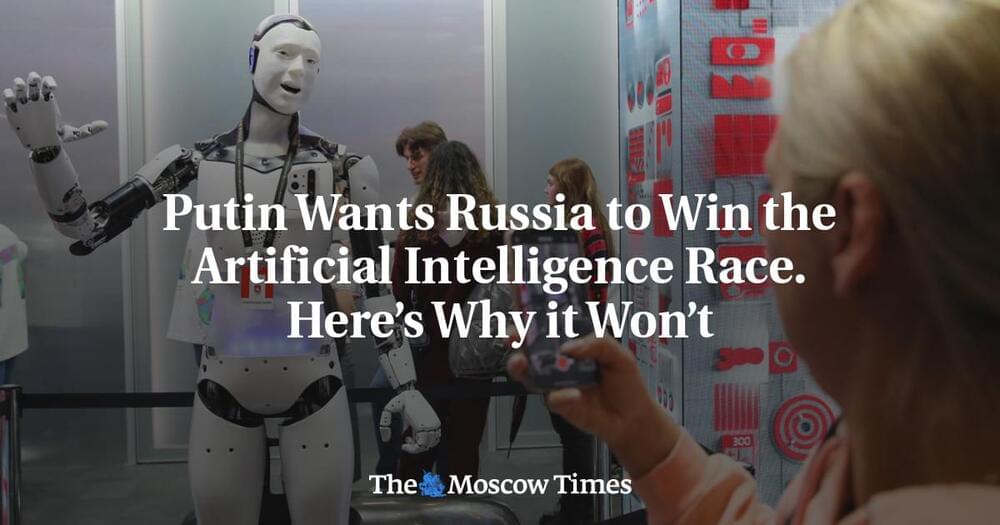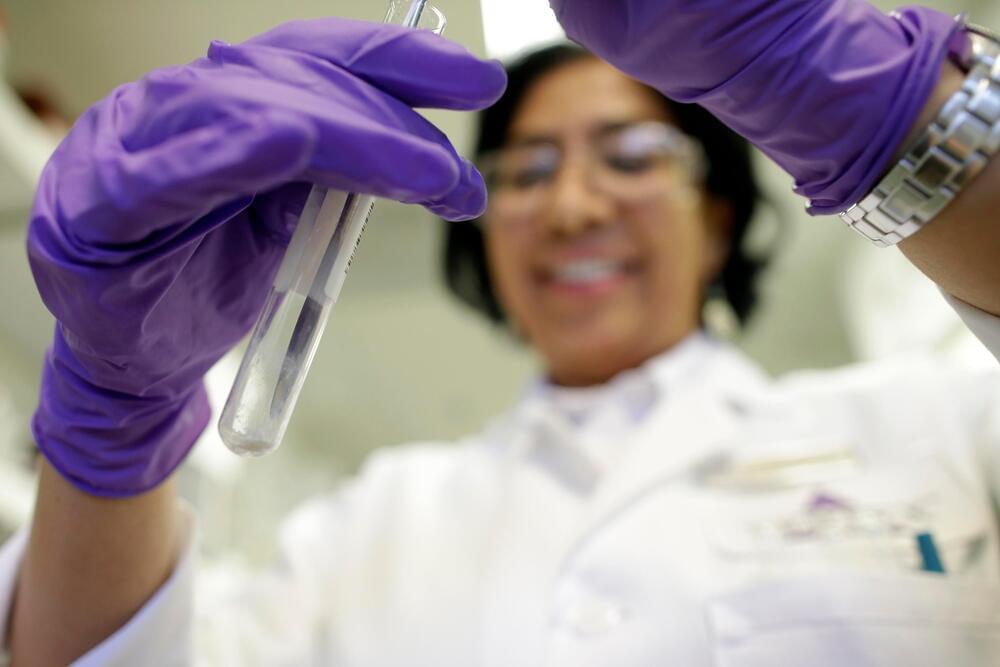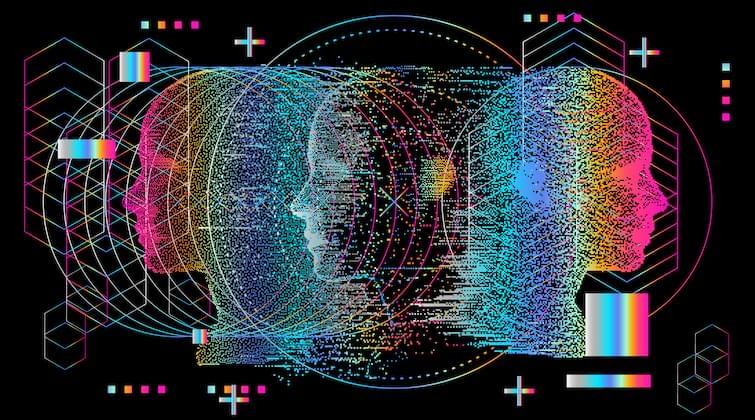“Whoever leads in AI will rule the world,” President Vladimir Putin declared at an address commencing the 2017 Russian school year. Six years later, despite intense focus from senior leadership and heavy investment from the federal budget and state-owned enterprises, Russia remains a laggard in this field, hobbled by international isolation and structural challenges.
Military, political, and business leaders in Moscow have long understood the importance of controlling the information space to secure their grasp on power. After the scare of social media powered “color revolutions” on Russia’s doorstep, Moscow doubled down on these efforts. But facing both headwinds intrinsic to the nature of generative AI and deep, self-inflicted wounds from the war in Ukraine, the window for Russia to take a lead is closing quickly.
Russia’s leaders were caught flat-footed by the rise of social media. The supposed dangers of emerging technology were brought to the fore by Chisinau’s so-called “ Twitter revolution,” when protests organized in part on American social networks prevented Moldova’s ardently pro-Russian Party of Communists from winning the election in 2009.








